Scott Morrison ‘must ramp up stimulus to $60bn’
A dramatic week on global markets has triggered calls for Scott Morrison to go harder with stimulus spending.
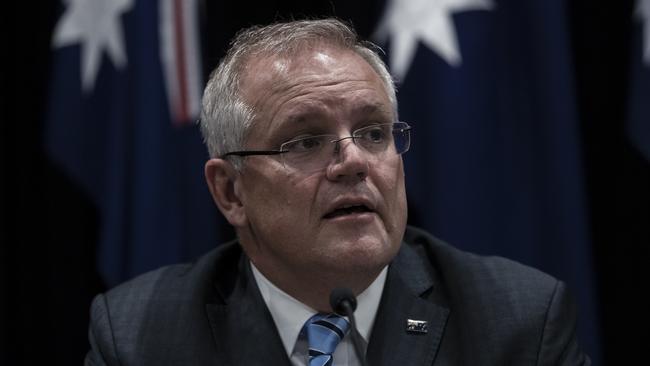
The worst night on Wall Street since the 1987 crash has triggered calls for Scott Morrison to ramp up stimulus spending to as much as $60bn.
Australian shares rallied 4.4 per cent on Friday, with the ASX staging a remarkable recovery as the government moved to ban mass gatherings. The rebound trimmed losses since the peak on February 20 to 23 per cent.
That followed a dramatic night on global exchanges, where stocks slumped 10 per cent on both sides of the Atlantic.
Following the losses on Wall Street, University of Technology Sydney professor Warren Hogan said: “This has all the hallmarks of the three major crashes of this century: the tech wreck, 9/11 and the GFC. The reality is that this shock is turning into a financial crisis.”
Gerard Minack of Minack Advisors — a former global head of strategy at Morgan Stanley — said “this is one of the great episodes” in the history of financial market convulsions.
“I’ve seen a stack of recession caused by policy stuff-ups,” said Mr Minack, who started his career in markets on the day of the 1987 crash. “I’ve seen recessions caused by financial imbalances. I’ve never seen a recession caused by a virus or medical shock. That means we are all flying outside our comfort zones right now, because the key question is the spread and duration of this infection.”
Council of Small Business Organisations Australia chief executive Peter Strong said the government should now be willing to consider an overall stimulus package worth many times the $17.6bn committed on Thursday.
“I think the rescue package will be a lot more and people should be open to it. I think it will get up to $60bn and if it does that, Australia would be well ahead of the rest of the world,” Mr Strong said.
Josh Frydenberg told The Australian this week that the government was “not putting limitations” on what it may be required to do to address the crisis.
JPMorgan chief global economist Bruce Kasman told clients he no longer expected a rebound in the next few months, instead predicting the US and eurozone countries would contract in the March and June quarters. “As we now see a first-half contraction in GDP that is both significant and spreads across nearly all of the global, we believe that our forecast represents an event best characterised as a recession,” he said.
The Prime Minister on Friday announced the government from Monday would formally advise against non-essential organised gathering of more than 500 people.
This followed the cancellation of the Melbourne Grand Prix and the announcement that the ODI between Australia and New Zealand at the SCG on Friday would be played behind closed doors.
The government’s policy response this week was one of a number announced by global authorities, and “the best of the lot”, Professor Hogan said.
But he warned that the stimulus package would make little difference if there was a downturn in major economies such as the US.
“In a global context, we’re not relevant,” he said.
The pandemic has perpetuated big enough moves in equity markets that it’s possible they could now trigger vulnerabilities within the global financial system.
“A financial crisis in full force means a seizure of the credit mechanism or a significant reduction in access to credit,” Professor Hogan said. “A second-order effect of this shock could be job losses and business failures. The other is financial deleveraging and loss of risk appetite — with the two reinforcing each other.”
Amid increased concern around the integrity of the global financial system, Australian banks on Friday morning took steps to secure short-term funding from the Reserve Bank. The RBA put $8.85bn into the local money market via its repo operations.
This was “well above the system requirements”, but still short of a panic, Westpac head of rates strategy Damien McColough said.
“It’s clear that people want to get some surety around their funding. We are living in an extraordinary time, and right now things feel more like they’ll break than go back to normal.”
The US Federal Reserve injected $US1 trillion into money markets overnight on Thursday to avoid a freeze in funding for the banking system, but the measure did little to soothe rattled investors.
Similarly, losses across European stock exchanges accelerated after the region’s central bank extended its bond-buying program.
“The US response was universally rejected by markets as being ineffective,” Professor Hogan said. “In all my years in markets, I’ve never seen government and central bank policy efforts get such a poor response from markets.”

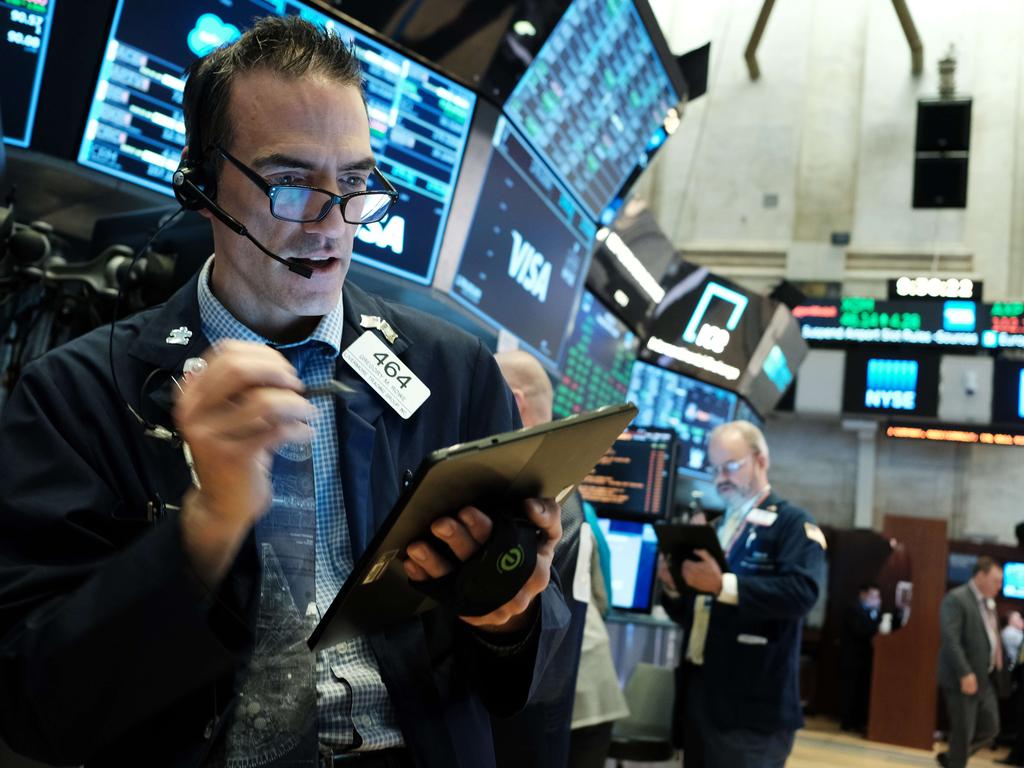
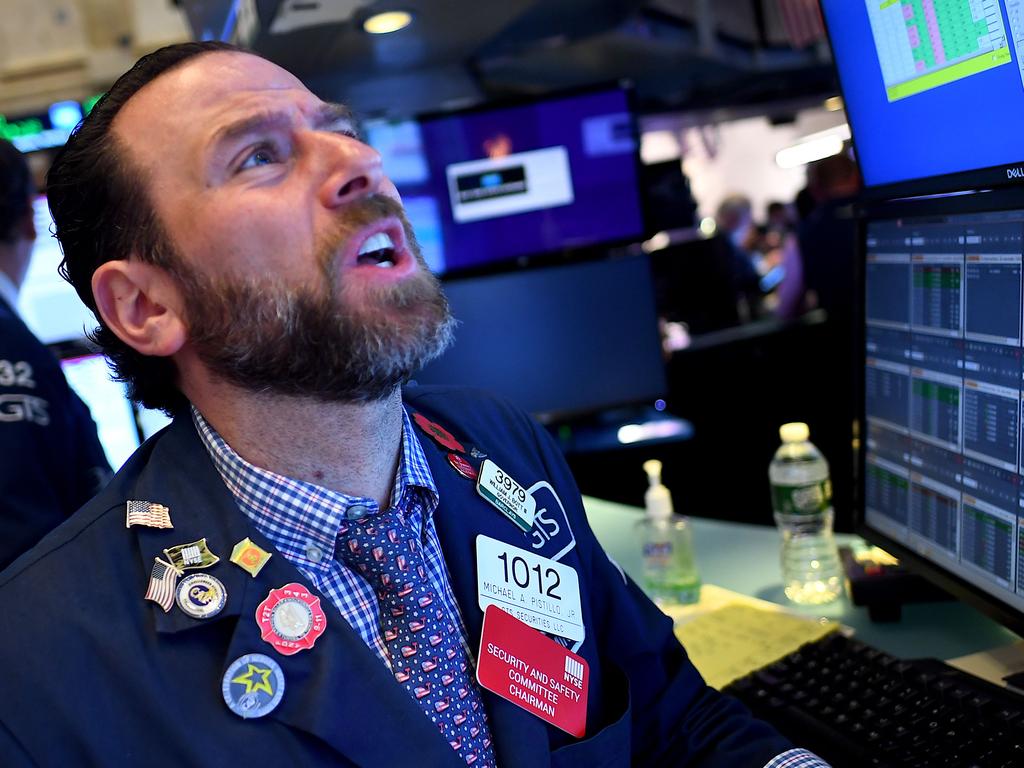
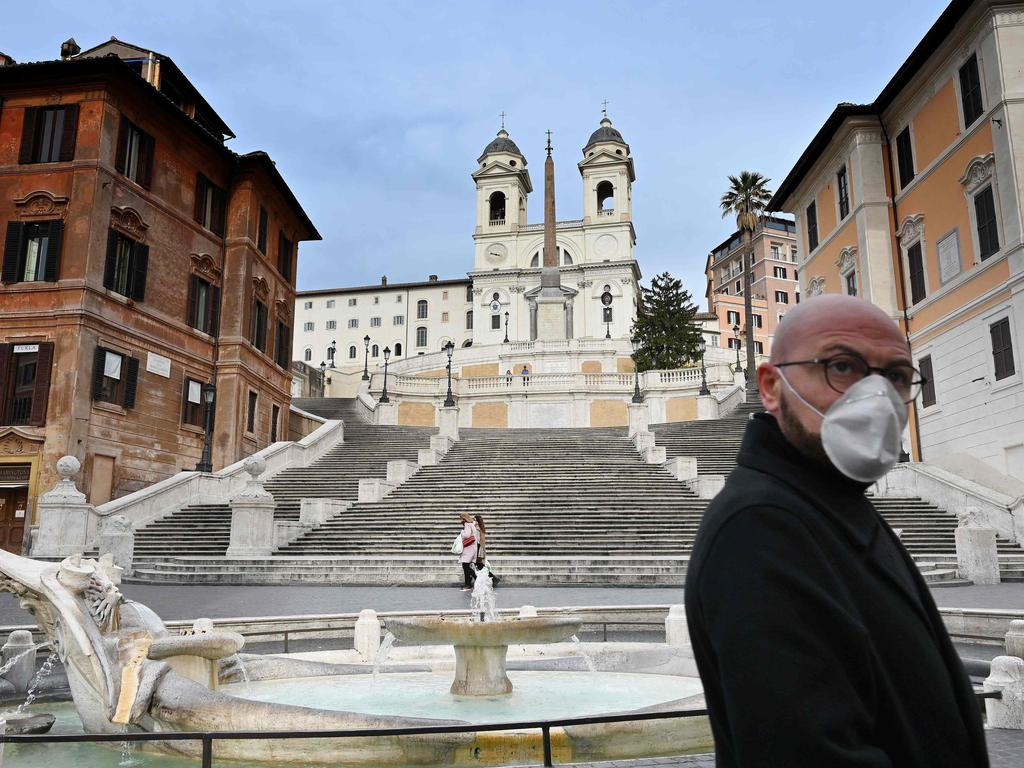
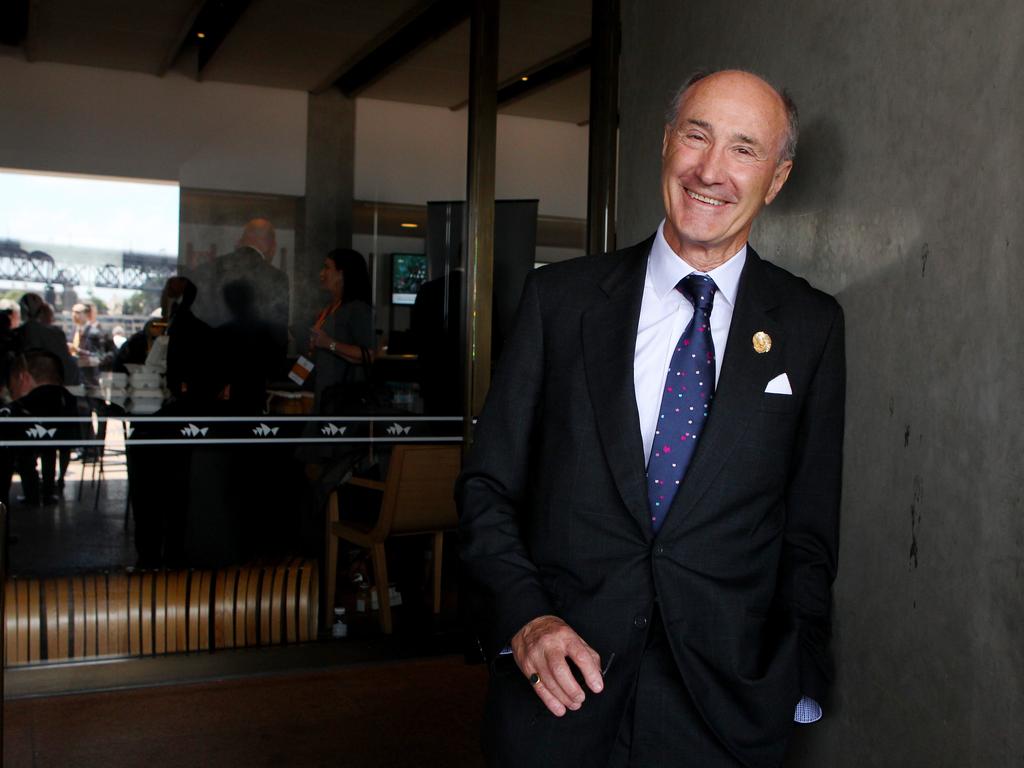


To join the conversation, please log in. Don't have an account? Register
Join the conversation, you are commenting as Logout